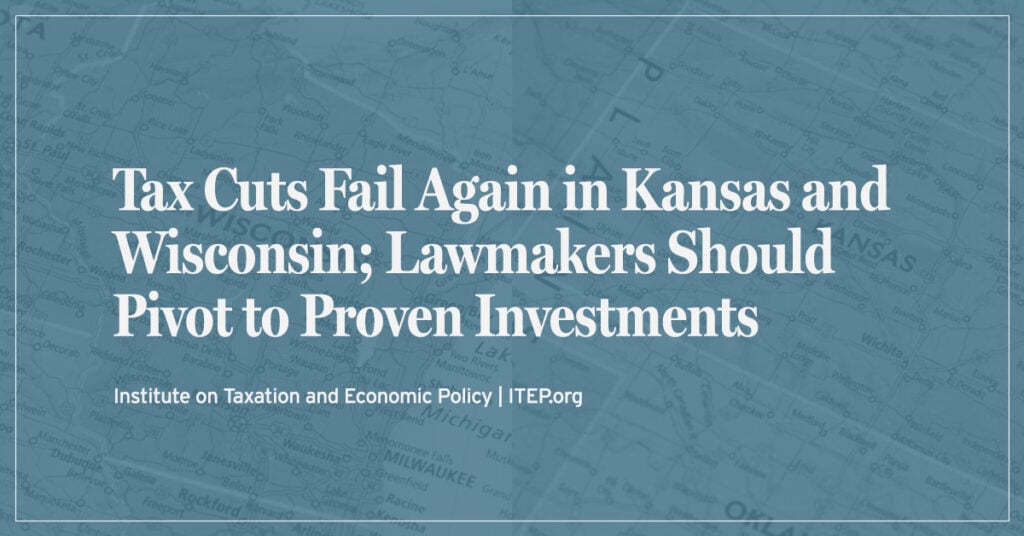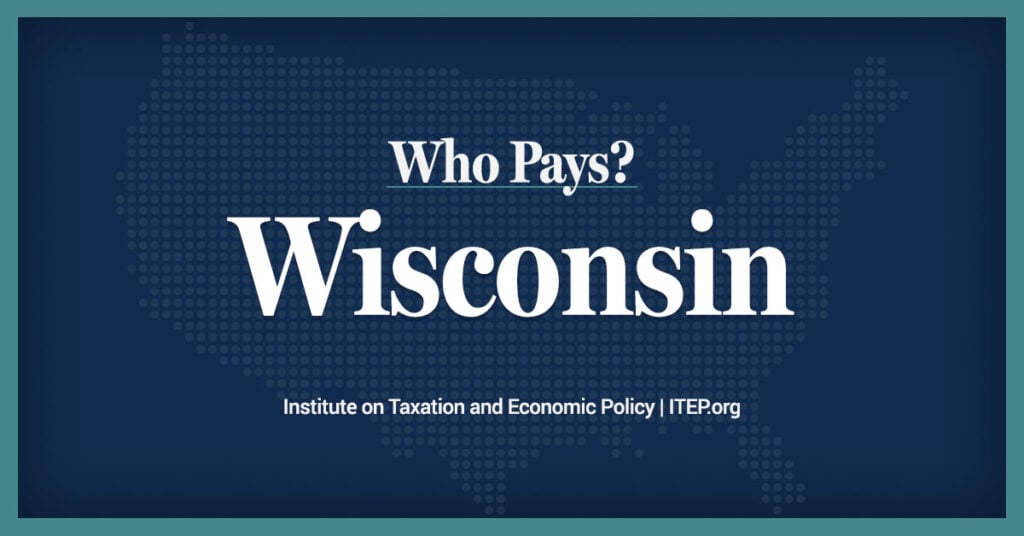School choice expansion would be limited
By Patrick Marley and Jason Stein of the Journal Sentinel May 30, 2013 3:31 p.m.
Madison — Republicans who control the Legislature are working on a deal that would increase funding for public schools and extend a school voucher program statewide, but in a way that is far more limited than what GOP Gov. Scott Walker sought.
Legislative leaders said negotiations were ongoing and an agreement has not been finalized.
Meanwhile, a new rift opened in budget talks Thursday when 11 Assembly Republicans sent a letter to their leaders saying they would vote against the budget unless it is amended to include broad tax cuts, reduce bonding by $500 million and remove a provision that would require people to provide their DNA when they are arrested for felonies, rather than when they are convicted.
There are 60 Republicans in the 99-member Assembly. If all 11 stood by their promise to withhold their votes, that would leave Republicans with at most 49 votes for the budget — short of a majority. Democrats have uniformly railed against the budget.
Legislative leaders have been meeting privately with each other and Walker or his aides for the last three days to reach a deal on expanding voucher programs that allow students that meet income thresholds to attend religious schools and other private institutions at taxpayer expense. The programs are currently available in Milwaukee and eastern Racine County.
The terms of a deal emerged Thursday, but Assembly Speaker Robin Vos (R-Rochester) and a spokeswoman for Senate Majority Leader Scott Fitzgerald (R-Juneau) said they had not signed off on it.
“We are still talking,” Assembly Speaker Robin Vos (R-Rochester) wrote in a text message Thursday morning. “There is no final deal. It’s just negotiations like normal and lobbyists trying to influence them” by leaking details.
Under the latest proposal, as outlined by two sources:
■Public schools would receive $150 more per student in general aid this fall and another $150 increase the following year. The plan would cost $289 million over two years, with $173.4 million funded with state taxes and $115.6 million funded with local property taxes.
School districts would have the authority to spend that money. Walker wanted to give schools $129 million in state aid but require them to put all of it toward property tax relief, rather than using it for new expenses.
■A new voucher program would become available to students outside Milwaukee and Racine. It would be limited to 500 students the first year and 1,000 students every year thereafter. Walker wanted no limits on the number of students in the program after the second year.
■The new program would be available to students in any school district. Walker wanted to make it available only in districts with 4,000 or more students that were identified as struggling on school report cards issued by the state.
■No more than 1% of the students of any given school district could participate in the new program.
■The new program would be available to students of families making 185% of the federal poverty level or less — well below the income thresholds for Milwaukee and Racine. Those programs are available to families making up to 300% of the federal poverty level, with a higher threshold for married couples.
■Voucher schools in all parts of the state would receive $7,000 per student — up from the current $6,442. That’s short of the increase Walker had sought. It also keeps the amount the same for all voucher students; Walker wanted to provide more for high school students because they are more expensive to educate.
■Starting in the fall of 2016, per-pupil increases for public schools and voucher schools would be linked. Thus, if one received a $100-per-student increase, the other would as well.
■Private schools would have to operate for two years before they could accept voucher students. That provision is meant as a way to prevent fly-by-night operations from enrolling students at public expense.
■Walker’s plan for creating a new way to authorize charter schools would be taken up as legislation outside of the budget so it could be modified.
Walker also wanted to create a statewide program for special-needs students, but lawmakers would abandon that idea as part of the proposal.
Sen. Alberta Darling (R-River Hills), co-chairwoman of the budget-writing Joint Finance Committee, said she supported the framework and believed that other Senate Republicans would, as well. Darling said she expected that her panel would vote on the framework on Tuesday.
“It’s a compromise and in a compromise everybody’s got to give,” Darling said.
Sen. Luther Olsen (R-Ripon) — a member of the Joint Finance Committee and the chairman of the Senate Education Committee — praised the plan as a good compromise. He said he and others skeptical of Walker’s voucher plan knew they had to give something on that issue.
“We got the money for K-12, which was the most important thing to me,” he said.
Leaders said a final agreement had not been reached. In the Capitol, even seemingly settled deals can change abruptly, and at no time is that more true than during the final days of budget deliberations.
The well-connected lobbyists for school lobbyists — including former Assembly Speakers John Gard and Scott Jensen — are continuing to push on the issue.
“It’s good that people are still talking,” Gard said Thursday.
Walker spokesman Tom Evenson did not say whether the governor considers the matter to be resolved.
“Governor Walker is continuing to work with legislators on a plan that will increase school funding and give students and parents access to quality education choices, while protecting local taxpayers,” Evenson said in a statement.
Democrats were unimpressed with the proposed deal, with Rep. Jon Richards (D-Milwaukee) questioning whether it would be worse for public schools than Walker’s original proposal. The proposal wouldn’t fix the funding mechanism that hurts public schools in communities with voucher schools and would lead to the eventual expansion of the voucher program into communities across Wisconsin, he said.
“It’s a nose under the tent for the whole state,” Richards said.
Richards said he wasn’t reassured by the 1% limit on voucher students put on districts under the proposal, saying that Walker could use his broad partial veto power to remove that limit.
Finally, the compromise among Republicans would fall well short of the $275 per pupil increase in the public school revenue limits that is being sought by Democrats, Richards said.
GOP dissent
Meanwhile, decisions on the budget remain in flux in other areas — as made clear by the demands of the 11 Assembly Republicans spelled out in an open letter to Vos and Assembly Majority Leader Scott Suder (R-Abbotsford).
Those who signed the letter said they wanted the budget to include tax cuts proposed by Rep. Dale Kooyenga (R-Brookfield) and they wanted cuts to ensure the tax reductions did not hurt the state’s long-term fiscal picture. They also want to cut bonding by $500 million and remove the provisions on taking DNA from suspects at arrest.
“We agree as a group that we cannot both represent our constituents and our conservative principles by supporting the budget in its current form,” they wrote.
Signing the letter were Republicans Reps. David Craig of the Town of Vernon; Stephen Nass of Whitewater; Chris Kapenga of Delafield; Tyler August of Lake Geneva; Duey Stroebel of Saukville; Gary Tauchen of Bonduel; Rob Hutton of Brookfield; Joe Sanfelippo of West Allis; Adam Neylon of the Village of Pewaukee; Paul Tittl of Manitowoc; and Don Pridemore of Erin.
Also Thursday, an analysis of Kooyenga’s plan showed it would provide just over one-third of the tax savings to the top 5% of taxpayers, a group with an average income of $392,000. The analysis was conducted by the Wisconsin Council on Children and Families and the liberal Institute on Taxation and Economic Policy.
The top 20% of earners, a group with an average income of $183,000, would receive more than two-thirds of the benefit, according to the analysis.
Kooyenga has responded by pointing to other analyses that show that most of the taxes in Wisconsin are paid by the upper-income earners. He has said that because of that they tend to receive more of the benefits of tax cuts.
At the same time, Kooyenga has acknowledged that part of the goal of his plan is to make the tax plan flatter, which amounts to treating wealthy and low-income taxpayers in a more similar way than under current law.





